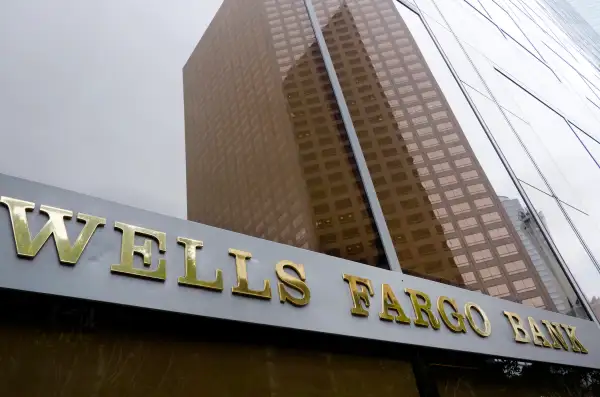Beware: Wells Fargo Fake Accounts Could Hit Customer Credit Scores

For Wells Fargo customers who had fake accounts opened on their behalf, the extra fees and fines accrued may be only the beginning of their problems: Testimony at Tuesday's Senate Banking Committee hearing suggests that some customers could take a hit to their credit scores.
The hearing was called to look into allegations behind the $185 million fine levied against Wells Fargo earlier this month for having opened tens of thousands, and possibly millions, of bank and credit-card accounts without customer authorization.
Wells Fargo brought in PricewaterhouseCoopers last year to determine the scope of the problem. PwC found that between 2011 to 2015, about 565,000 consumer credit-card accounts were likely opened without customers’ knowledge, according to the testimony of Wells CEO John Stumpf. Of those, about 14,000 incurred $400,000 in charges, including annual maintenance fees and costs associated with interest. PwC also flagged 1.5 million deposit accounts that were probably not authorized. Among these accounts, about 100,000 incurred fees totaling about $2.2 million, according to the report.
The potential for damaged credit scores became apparent during questioning by Montana Senator Jon Tester. “If customers were unaware that these accounts were opened up, there must have been instances where that negative information was sent to credit bureaus,” he asked.
In response, Stumpf acknowledged that the charges might have affected consumers’ credit card scores. “I know that when a credit bureau is requested, it has an impact on your credit score,” he said, adding when pressed that “Yes, we pull a credit bureau for each one of these cards.”
Having multiple credit card inquiries can affect your credit score, particularly if they occur over a short period of time. If you’re seen applying and opening credit cards too often, it lowers the average age of your accounts. Additionally, 14,000 of the potentially unauthorized credit cards did rack up fees. If those fees were left unpaid and the account termed delinquent, that too, could have long-term consequences, because about 35% of a FICO score is based on payment history.
“This is a big deal—if information was sent into the credit bureaus because of these falsely opened accounts, the impacts of this are far more than the fees and fines that could be associated with that,” Tester added.
Under the settlement with regulators, Wells Fargo agreed to pay an expected $2.5 million to refund any monthly maintenance fees, non-sufficient fund costs, and overdraft charges.
Senators Joe Donnelly and Tester both pointed out that this could result in lasting financial hardships, especially for customers who need a good credit history to, for example, take out a mortgage. If they have a 30-year mortgage that’s half a point or even a point higher because their credit rating has gone down, it could mean tens of thousands of dollars in extra costs.
“There’s a lot of work that needs to be done to rectify this situation, if it can be ever rectified,” Tester told Stumpf.
Wells Fargo has already started to contact customers to determine if each credit card was correctly opened upon a customer’s request. “If they want it, we don’t want to take away their credit,” Stumpf said. “If they did not want it, we’re going to go back and make sure it’s made right by the credit bureau and made right by the customer.”